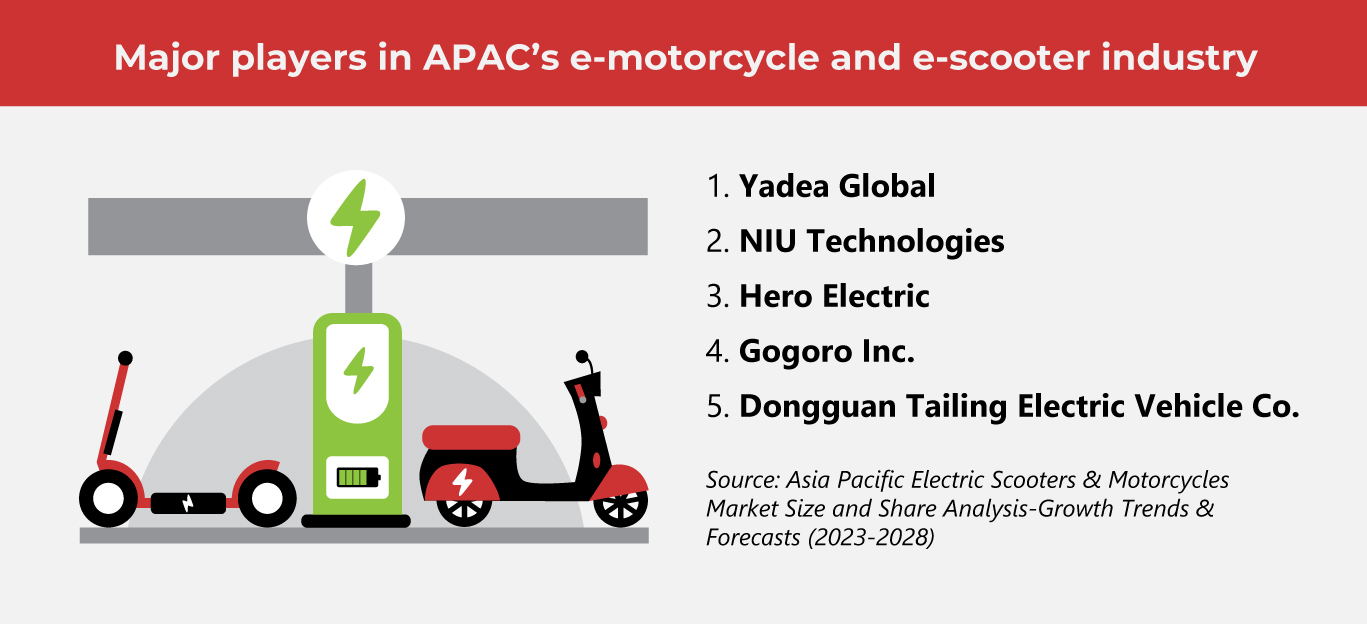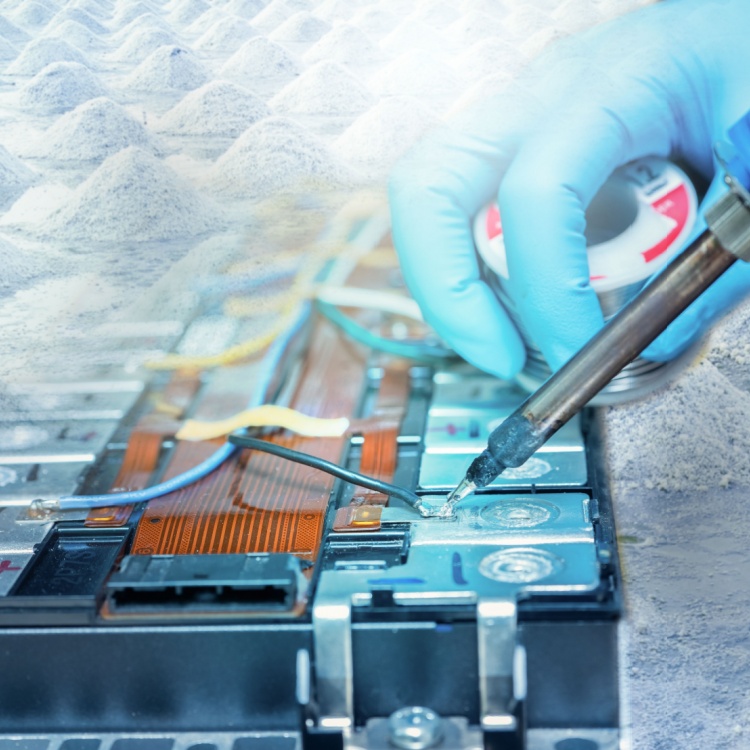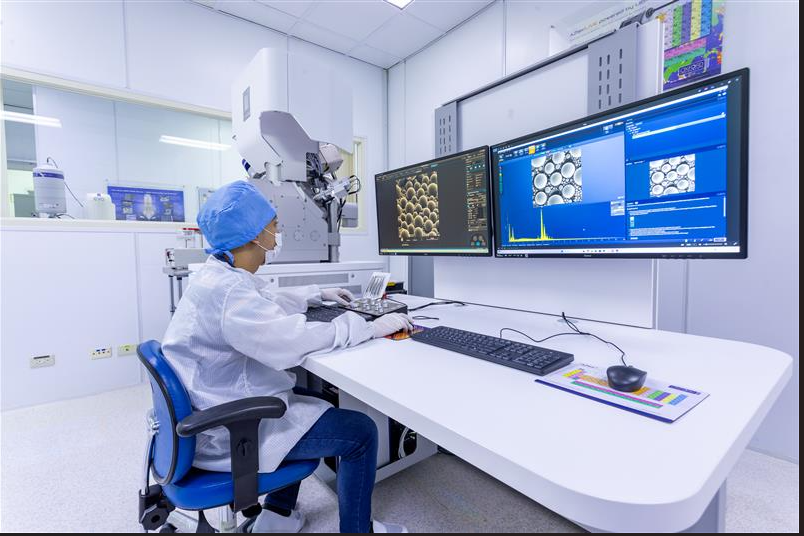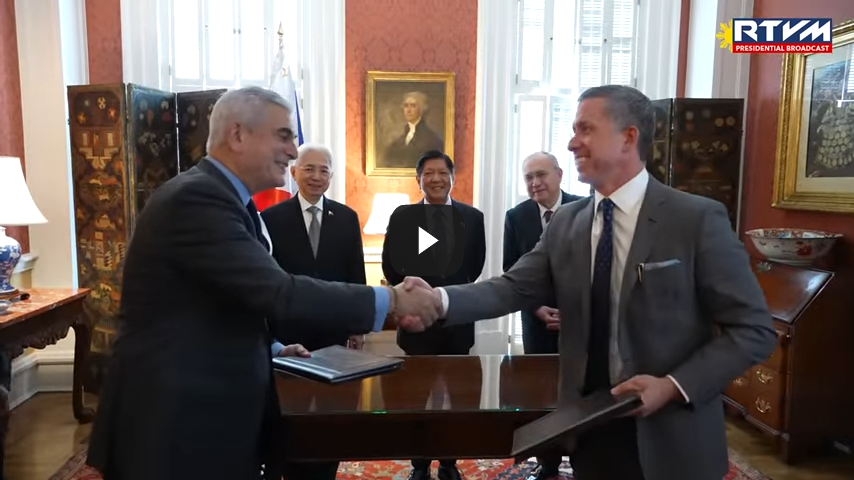PH Revs up Its EV Industry
With over 7.8 million registered motorcycle and tricycle users in the Philippines in 2023, it makes sense to jumpstart the country’s e-motorcycle industry. IMI, in partnership with US-based Zero Motorcycles, aims to do this while paving the way for a greener future.
Though the global electronic motorcycle industry is thriving, the Philippine market is yet to catch up. But the shift should be a no-brainer, considering that fuel-powered motorcycles are common in the country. In fact, the Motorcycle Development Program Participants Association, Inc. (MDPPA) recorded a 16% increase in motorcycle sales in the first quarter of this year alone—almost matching the 2019 figure before the pandemic.
But aside from the occasional electric scooter and motorbike appearing on the road, the country has yet to witness a considerable shift to the electric vehicle (EV) mindset.
The e-motorcycle scenario in Asia
According to this study, the e-scooter and e-motorcycle market is expected to have a CAGR of over 25% from 2022 to 2007, reaching US$190.25 by 2027.
Electric scooters are rising in emerging countries like India thanks to pocket-friendly pricing schemes and app-driven activities. All over the world, battery innovations are fueling the two-wheeled EV popularity, particularly in Asia Pacific (APAC). Countries like China and Japan are experiencing a surge in Lithium-ion battery facilities to meet the global demand.
Though electric motorcycles and scooters have higher upfront costs than their petrol-boosted counterparts, users can enjoy savings in the long run because of rising fuel prices. These eco-friendly two-wheelers are also being used across food, delivery, tourism and other industries.
Though the EV shift has yet to happen in the Philippines fully, exciting developments point toward its fruition.
The PH’s Electric Vehicle Industry Act
Enacted in April 2022, Republic Act 11697 or the “Electric Vehicle Industry Development Act”, seeks to minimize the Philippines’ dependence on fuel imports and encourage the use of sustainable energy. Though the Department of Energy (DOE) is the leading implementing agency, all government bodies associated with the EV industry are tasked to create and maintain energy security and sufficiency through local technologies.
But as of writing, the current law does not include two-wheeled and three-wheeled vehicles, including motorcycles. As various groups push for the inclusion of e-motorcycles, the National Economic and Development Authority promised to review all types of EVs to gauge if they can qualify for tax breaks.
The Act also includes a national development plan for the EV industry called the “Comprehensive Roadmap for Electric Vehicle Industry” (CREVI), which is included in the Philippine Energy Plan and the National Transport Policy.
For EVs and charging stations, CREVI includes the following components:
- Guidelines and parameters for EVs and charging stations
- Advancement of the local EV industry
- Identifying specific parking spaces for EVs
- Building and installing charging stations in dedicated parking areas
In terms of EV manufacturing, CREVI mandates the following:
- Promoting and growing the EV industry’s local manufacturing
- Developing a manufacturing framework for EVs and its components, including batteries, recycling services, charging infrastructure and others
- Strengthening research and development
- Building capacities and skills of the local EV industry’s personnel
Incentives for manufacturers and users
Tax breaks and subsidies are powerful incentives for users and vehicle makers in other countries, driving the EV market. In the Philippines, the Electric Vehicle Industry Act also offers fiscal and non-fiscal incentives for manufacturers. Meanwhile, the importation of fully-built EVs can avail of the benefits under the “Tax Reform for Acceleration Inclusion” (TRAIN), including exemption from paying duties until 2030. However, the caveat is that the Department of Trade and Industry can waive this exemption to prioritize local manufacturers, particularly for e-jeepneys and e-tricycles.
Meanwhile, users can avail of these non-fiscal benefits:
- Priority status and registration and its renewal, and special vehicle plate issuance
- Exemption from the number-coding scheme and other similar strategies carried out by the Metropolitan Manila Development Authority and other agencies
- PUV operators that use only EVs can enjoy faster processing for franchise applications
- Free personnel training on using, assembling, maintaining and repairing EVs
PH-made electric motorcycles
Intensifying the momentum for the local EV shift is an e-motorcycle manufacturing facility soon to be established in Biñan, Laguna. A partnership between Integrated Micro-Electronics Inc. (IMI) and US-based Zero Motorcycles, this move seeks to amplify local EV production while introducing the Philippines as a center for sustainable industries.
Because Zero Motorcycles will also outsource its e-motorcycle manufacturing and battery and motor assemblies to the Biñan facility, this opportunity can enhance the country’s export capability. The investment, which costs US$250 million and is projected to create a yearly revenue of US$65 million, can potentially create at least 200 jobs for Filipinos.
A solid partnership
This partnership is exciting because both parties are considered giants in their fields.
With over 40 years of experience in manufacturing, engineering and design, IMI enjoys a global presence, having centers in Asia, North America, and Eastern Europe. Owned by AC Industrials, an Ayala Corporation subsidiary, IMI has extensive experience in the original equipment manufacturer (OEM) market, servicing diverse sectors, such as medical, telecommunications, automotive and many others.
Meanwhile, Zero Motorcycles was born in Santa Cruz, California, in 2006. It’s known for its high-performance electric motorcycles that utilizes the latest technology. The secret to their lightweight efficiency is their cutting-edge Z-Force electric powertrain, with a sturdy aluminum frame used by aircraft. Aside from e-motorcycles built for racing, Zero also produces two-wheeled vehicles for the police and military.
With these two powerhouses joining forces, the local EV industry is poised for success, helping the country lessen its reliance on non-renewable resources and the impact of fluctuating fuel prices.
As one of the Top 20 EMS companies in the world, IMI has over 40 years of experience in providing electronics manufacturing and technology solutions.
We are ready to support your business on a global scale.
Our proven technical expertise, worldwide reach, and vast experience in high-growth and emerging markets make us the ideal global manufacturing solutions partner.
Let's work together to build our future today.
Other Blog




